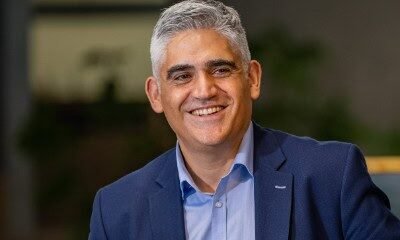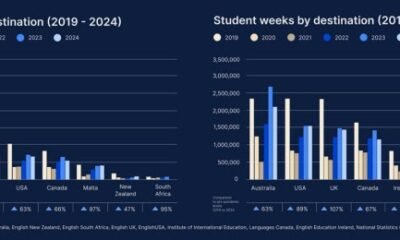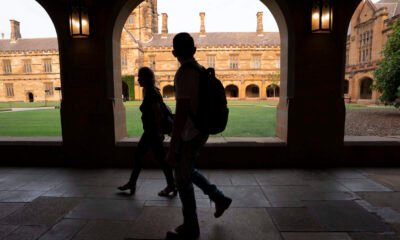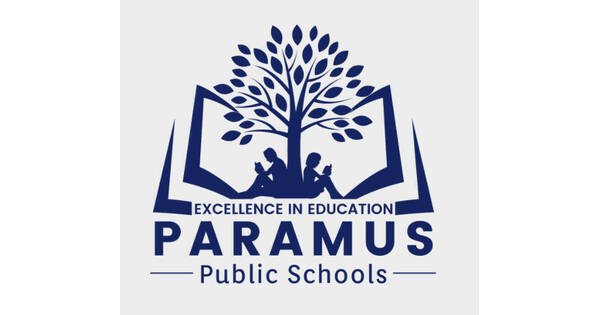Education
NZ’s new study visa rules strike chord with Australian sector
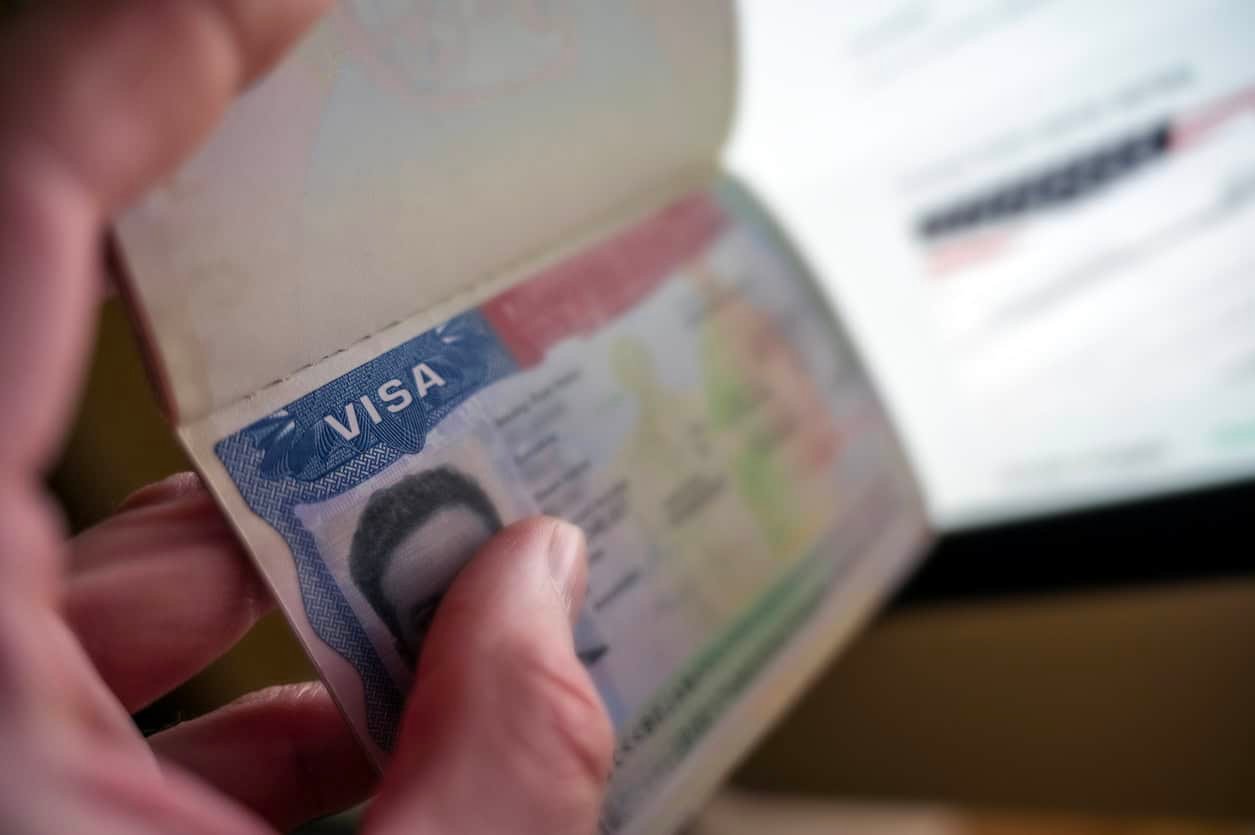
The New Zealand government announced earlier this week that, from November, Immigration New Zealand (INZ) will increase permitted work hours for study visa holders, extend work rights to all tertiary students on exchange or study abroad programs. It may also introduce a short-term work visa of up to six months for graduates not eligible for a post-study work visa.
While the relaxations are a key part of New Zealand’s push to boost international student numbers by over 40% by 2034, INZ has also clarified that students who change their education provider or lower their study level will need to apply for a new visa, rather than simply requesting a variation of conditions on their existing one.
The mandate has struck a chord with Australia’s international education sector, where some individuals and associations have been calling for an overhaul of the study visa system, specifically on linking study visas to the institution of initial enrolment.
Commenting on New Zealand’s recent changes, Ravi Lochan Singh, managing director, Global Reach, wrote in a LinkedIn post that instead of banning agent commissions for onshore student transfers to address attrition, Australia could “just copy” the neighbouring country’s approach.
“Australia is currently facing a significant issue where students use higher ranked or low-risk universities (as categorised by Home Affairs) to secure their student visas easily and then after the first semester of studies, the students get moved to private colleges offering higher education degrees,” Singh told The PIE News.
According to Singh, while such moves, often made by Indian or Nepali students with the help of onshore immigration agents, may be genuine, they “waste” the efforts of offshore education agents and universities that initially recruited the students.
“Some policy makers feel that students have a right to choose the correct education provider and if they feel that what they desire as a customer can be met at private colleges, they should be allowed to move,” stated Singh.
“However, we also have the situation where students have demonstrated their available funds through an education loan which is issued in the name of a particular university,” he added. If the student does move institutions, the education loan is not valid as a demonstration of funds and thus the argument that the students should be asked to apply for a fresh student visa.”
According to Singh, many international students, particularly from South Asia, who arrive in Australia on education loans often find themselves without “available” or “accessible” funds when they switch providers and are required to show new financial evidence.
It would appear that three modern advanced economies who have championed consumer protections and who have established international study destinations believe this measure is not contrary to ‘consumer choice’
Gareth Lewis, Western Sydney University
Moreover, a recent report by Allianz Partners Australia revealed that over 61% of international students found daily life in the country “significantly more expensive than expected”, with more than a quarter considering withdrawing from their studies due to financial woes.
“While we are discussing attrition and student movements once the student is onshore, we also need to acknowledge that university fees have been increasing and students are beginning to question ROI. Thus there is an argument for more student visa grants for higher education degrees at TAFE and private providers,” said Singh.
“The fees of such programs is much lower to what is charged at the universities. If this happens, the students who are more price sensitive will join the TAFE and private providers right in the beginning and universities will have only those students who can afford the degree and likely to complete them at the university itself.”
While Australia’s Ministerial Direction 111, which replaced MD 107, provides immigration case officers stricter guidance on assessing the Genuine Student requirement, and introduces a two-tier visa processing system that prioritises institutions with strong compliance records and low visa risks, it influences the decision-making process, not the entire visa mechanism unlike New Zealand’s recent move.
However, New Zealand is not the only model Australia could look to, according to stakeholders.
A recent submission by the Association of Australian Education Representatives in India (AAERI) to the ministers for education and home affairs in Australia pointed to examples from the UK and Canada, where students must obtain a new Confirmation of Acceptance for Studies (CAS) and a new study permit, respectively, if they wish to change institutions.
“Australia’s recent reforms, such as closing the concurrent CoE loophole and requiring CoEs for onshore visa applications, are steps in a similar direction but do not go far enough to address the core issue of unethical student poaching, misuse of student visa and provider switching,” stated AAERI in its submission in May to the Labor government.
After New Zealand’s changes were announced, regional director, Western Sydney University, Gareth Lewis also echoed a similar opinion on Australia’s reluctance to do what New Zealand, the UK, and Canada have done.
“It would appear that three modern advanced economies who have championed consumer protections and who have established international study destinations believe this measure is not contrary to ‘consumer choice’,” read Lewis’s LinkedIn post.
“Unfortunately Australia believes it is. This needs to change.”
Find out more about how Australia can improve its visa system at The PIE Live Asia Pacific 2025 on July 30, during the session “Visa status: MD111 and MD106 mapping – is the current visa system working?”, which will explore the impact of current visa policies on HE, VET, and ELICOS sectors, covering genuine student assessments, onshore switching, and ways to improve the operating environment. Check out more details here – PLAP 2025 agenda.
Education
What does AI use mean for students? How a liberal art college is fighting the AI cheating existential crisis
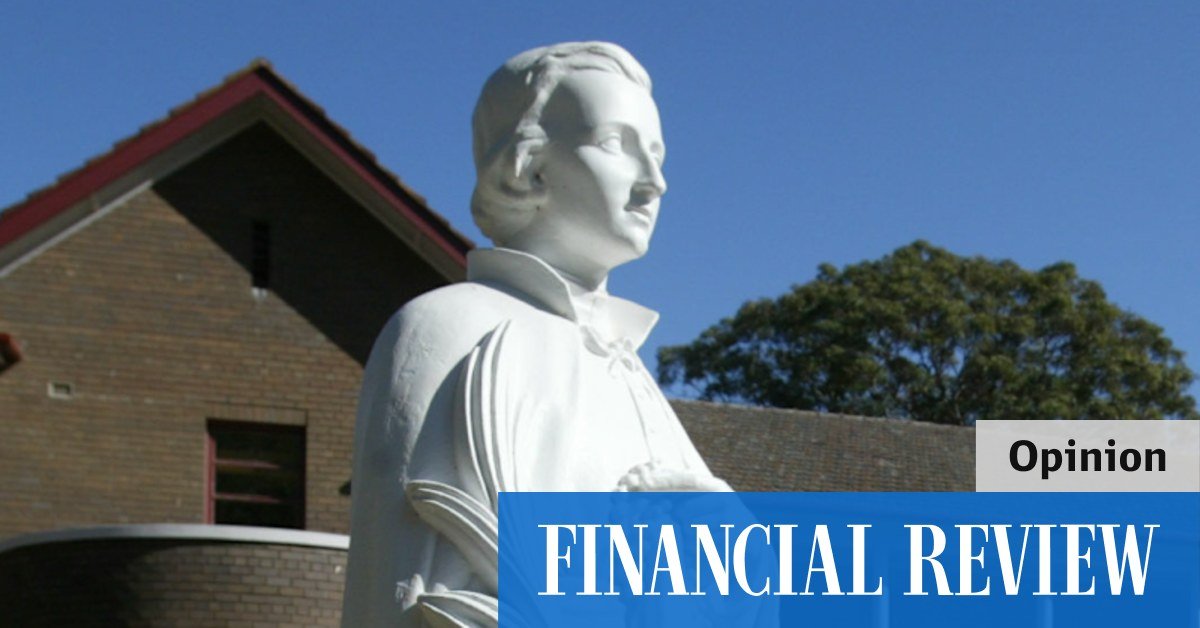
Assessments are to education what laws are to a virtuous life. A life of virtue, ordered to the good, incorporates but is much more than merely following laws. Education, as the growing in knowledge, understanding and wisdom, is much more than simply writing good essays and performing well in tests.
Assessment divorced from the pursuit of education is merely credentialing. However, an education without assessment can lack direction, motivation, and runs the risk of emptying education of academic substance and standards.
Loading…
Education
New Policy on AI Usage in Schools Approved by Paramus Board of Ed – TAPinto
Education
President-elect of Oxford Union to face disciplinary proceedings for Charlie Kirk remarks | University of Oxford

The president-elect of the Oxford Union will face disciplinary proceedings for making “inappropriate remarks” celebrating the fatal shooting of Charlie Kirk, the union has announced on social media.
George Abaraonye, a student at the University of Oxford who became president-elect of the debating society after a vote in June, posted several comments in a WhatsApp group appearing to celebrate what happened, according to the Telegraph.
This included one saying: “Charlie Kirk got shot, let’s fucking go.” Another message, purportedly sent from Abaraonye’s Instagram account, read: “Charlie Kirk got shot loool.”
The Oxford Union said on Saturday that Abaraonye had suffered racial abuse and threats since his comments were revealed in the Telegraph on Thursday.
In a statement posted on social media on Saturday, the union reiterated that it had already condemned the president-elect’s “inappropriate remarks”. The society added: “We emphasise that these are his personal views and not those of the Union, nor do they represent the values of our institution.
“At the same time, we are deeply disturbed by and strongly condemn the racial abuse and threats that George has faced in response. No individual should ever be attacked because of the colour of their skin or the community they come from. Threats to his life are abhorrent. Such rhetoric has no place online, or anywhere in society.”
The statement went on to defend the right to free speech and freedom of expression, but added that free speech “cannot and will not come at the expense of violence, intimidation, or hate”.
“The Oxford Union does not possess executive powers to summarily dismiss a president-elect. However, the complaints filed against the president-elect have been forwarded for disciplinary proceedings and will be addressed with the utmost seriousness.
“Our duty is to demonstrate to our members, the university community, alumni, and the wider public, that disagreement must be expressed through debate and dialogue, not through abuse or threats. That is the tradition we uphold, and it is the standard we will continue to set.”
On Thursday, Abaraonye said he had “reacted impulsively” to the news of Kirk’s shooting, and that the comments were “quickly deleted” after news emerged of his death.
“Those words did not reflect my values,” Abaraonye added. “Nobody deserves to be the victim of political violence … I extend my condolences to his family and loved ones.
“At the same time, my reaction was shaped by the context of Mr Kirk’s own rhetoric – words that often dismissed or mocked the suffering of others. He described the deaths of American children from school shootings as an acceptable ‘cost’ of protecting gun rights. He justified the killing of civilians in Gaza, including women and children, by blaming them collectively for Hamas. He called for the retraction of the Civil Rights Act, and repeatedly spread harmful stereotypes about LGBTQ and trans communities. These were horrific and dehumanising statements.”
Kirk and Abaraonye had met during a debate on toxic masculinity held by the Oxford Union in May, the Telegraph reported. Donald Trump, the US president, paid tribute to Kirk as a “martyr for truth and freedom” after the shooting.
Valerie Amos, the master of University College, Oxford, said on Friday that no disciplinary action would be taken against Abaraonye by the college he attends.
Amos said: “Though Mr Abaraonye’s comments are abhorrent, they do not contravene the college’s policies on free speech, or any other relevant policy. Therefore, no disciplinary action will be taken.”
-

 Business2 weeks ago
Business2 weeks agoThe Guardian view on Trump and the Fed: independence is no substitute for accountability | Editorial
-
Tools & Platforms1 month ago
Building Trust in Military AI Starts with Opening the Black Box – War on the Rocks
-

 Ethics & Policy2 months ago
Ethics & Policy2 months agoSDAIA Supports Saudi Arabia’s Leadership in Shaping Global AI Ethics, Policy, and Research – وكالة الأنباء السعودية
-

 Events & Conferences4 months ago
Events & Conferences4 months agoJourney to 1000 models: Scaling Instagram’s recommendation system
-

 Jobs & Careers2 months ago
Jobs & Careers2 months agoMumbai-based Perplexity Alternative Has 60k+ Users Without Funding
-

 Podcasts & Talks2 months ago
Podcasts & Talks2 months agoHappy 4th of July! 🎆 Made with Veo 3 in Gemini
-

 Education2 months ago
Education2 months agoMacron says UK and France have duty to tackle illegal migration ‘with humanity, solidarity and firmness’ – UK politics live | Politics
-

 Education2 months ago
Education2 months agoVEX Robotics launches AI-powered classroom robotics system
-

 Podcasts & Talks2 months ago
Podcasts & Talks2 months agoOpenAI 🤝 @teamganassi
-

 Funding & Business2 months ago
Funding & Business2 months agoKayak and Expedia race to build AI travel agents that turn social posts into itineraries


